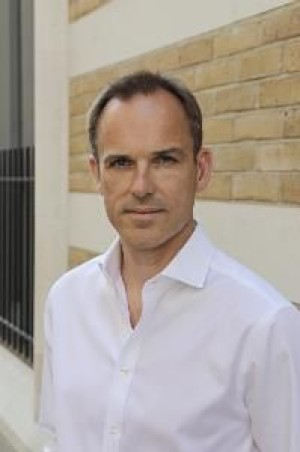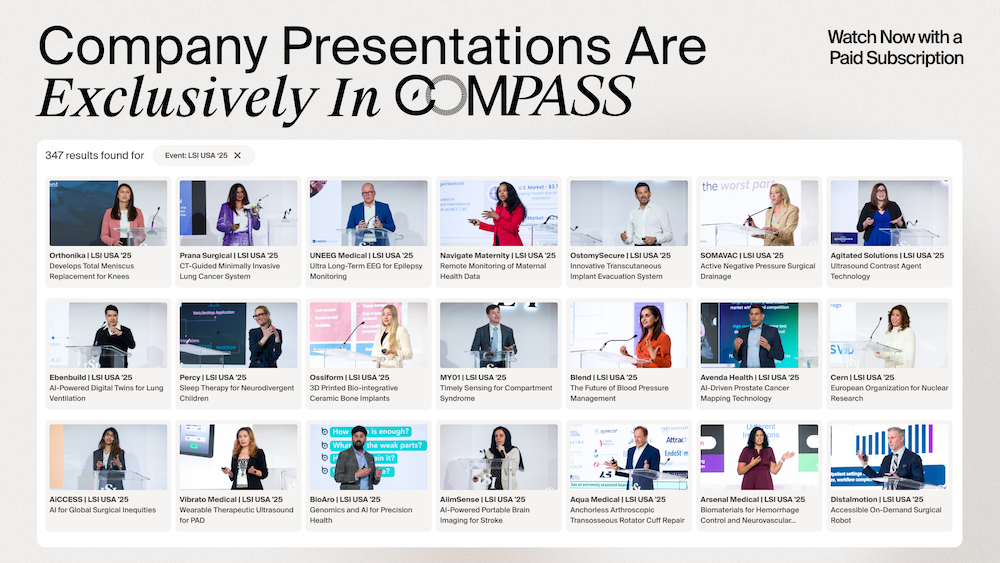- Video Library
- Richard Vincent Presents FundamentalVR at LSI USA '23
Richard Vincent Presents FundamentalVR at LSI USA '23
shaping the future of
Medtech at LSI USA ‘26
Waldorf Astoria, Monarch Beach

Richard Vincent
Richard has 20+ years’ experience of building international businesses and has throughout his career sought opportunities for positive market disruption through technological application.
It was this desire that led him to co-found FundamentalVR to help address an age-old problem for the medical market; how to create safe, realistic, measurable spaces to learn and develop skills.
In his role as CEO Richard is responsible for building a world class team of medical, learning and technologist who together can realise the company’s ambition of creating the world’s first global, haptically enabled, low cost ‘flight simulator for surgeons’.
Richard Vincent
Richard has 20+ years’ experience of building international businesses and has throughout his career sought opportunities for positive market disruption through technological application.
It was this desire that led him to co-found FundamentalVR to help address an age-old problem for the medical market; how to create safe, realistic, measurable spaces to learn and develop skills.
In his role as CEO Richard is responsible for building a world class team of medical, learning and technologist who together can realise the company’s ambition of creating the world’s first global, haptically enabled, low cost ‘flight simulator for surgeons’.

17011 Beach Blvd, Suite 500 Huntington Beach, CA 92647
714-847-3540© 2026 Life Science Intelligence, Inc., All Rights Reserved. | Privacy Policy







